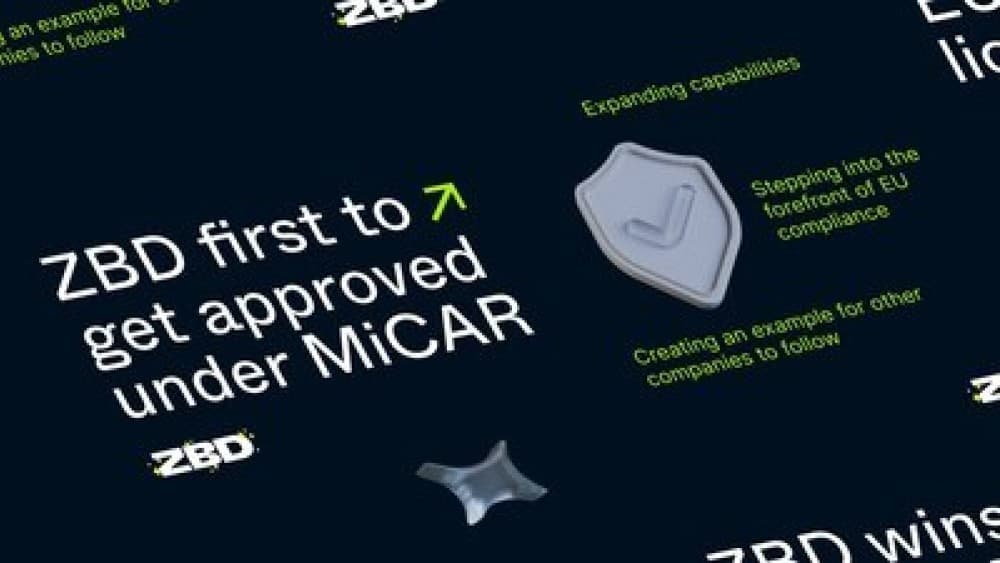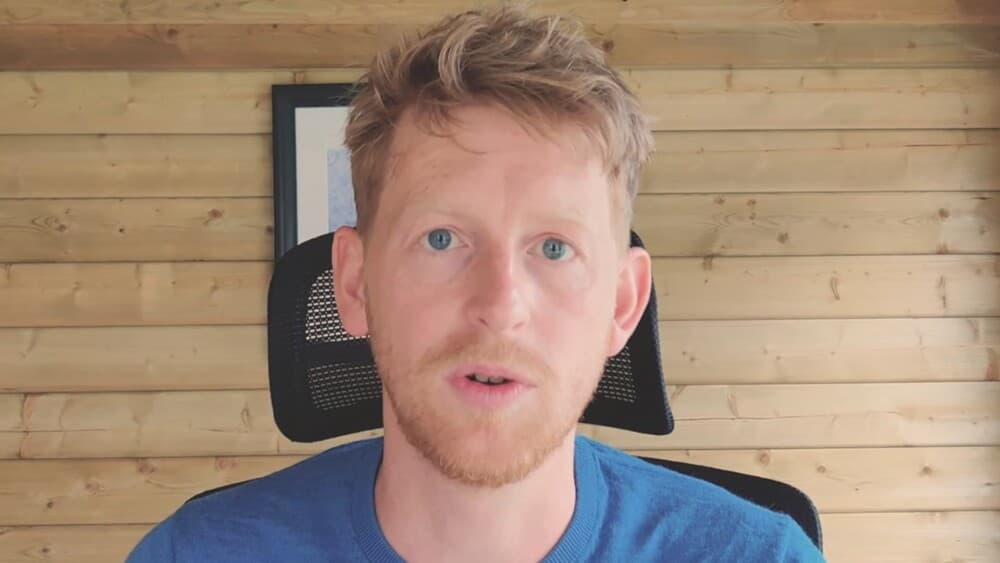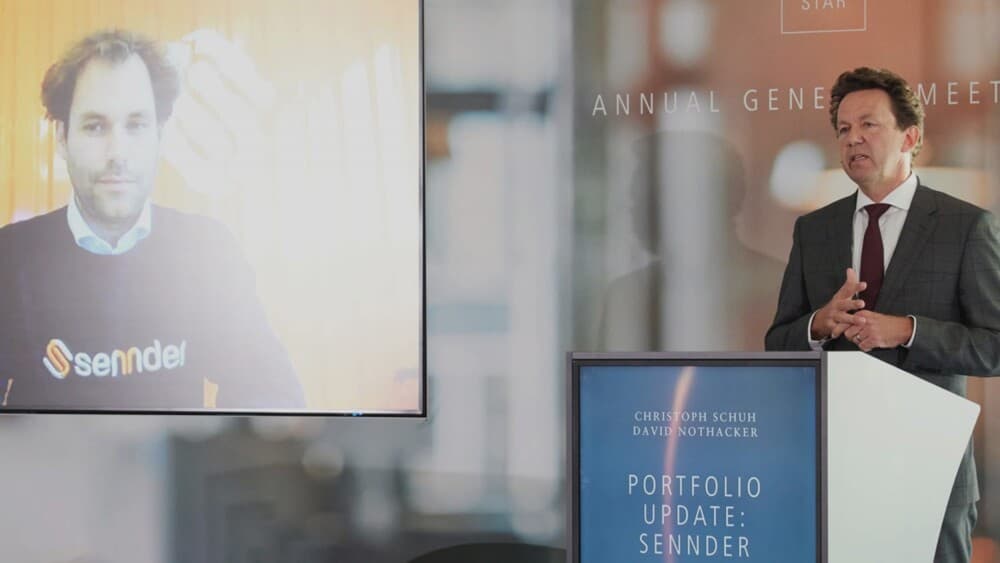Insights|
How to lead a scaling business
When a company scales up, founders can be thrust into leadership roles that they are not prepared for. A Lakestar workshop on Leadership, run by Gillian Davis of OverTime, shared tips and best practice on how to adapt from player to coach.
Behind every successful start-up is a founder with vision and drive. At the head of every successful scale-up is a leader with strategy and objectives. Very often it is the same person. But how does this personal metamorphosis occur and what qualities should founders embrace to achieve it?
Gillian Davis of OverTime found herself as an accidental leader when the reins of her father’s recruitment company passed suddenly to her after he was diagnosed with Parkinson’s Disease. She shared her learnings in a book co-authored with George B. Bradt titled First-Time Leader: Foundational Tools for Inspiring and Enabling your New Team.
Davis uses a basketball analogy, as described in Sacred Hoops by Phil Jackson who as Coach of the Chicago Bulls directed the talents of the high-performing star Michael Jordan. As a former professional player himself, Jackson had to adapt his mindset to that of a leader. “Being a Coach requires the shift from being the performer, the ‘Doer’, to stepping back but still able to do the fun stuff,” says Davis.
Not everyone is comfortable making the transition. Christopher Sier, chairman of data company ClearGlass, says: “I don't want to be the leader of the company. I don't want to be the manager of the company. I enjoy being a subject matter expert. What I want to do is to backfill the things that I know I’m not good at – managing people, managing teams – with people who are good at it.”
Team-building
This points to the fundamental issue for the founder: they cannot do everything. Scaling up will require skillsets that are beyond them and they cannot scale their leadership across 300+ people. They require teams around them and management layers they trust to hire other teams. For the willing or unwilling leader alike, making smart initial appointments is a fundamental task.
Simon Cowell, CEO and co-founder of the Zebedee payments platform, recognises the need to bring in people with the skills in areas where he has no expertise. “It's a question of understanding the roles that I'm hiring for so I can interview the right people,” he says.
However, Davis believes that rather than an executive search for the “unicorn” candidate, it is better to appoint someone who is a good fit with the culture. “Often we fall into the trap of waiting for that perfect person who ticks all the boxes and we might wait too long and miss out on really good candidates. I have a recruitment background, so I am used to people looking for that unicorn candidate that doesn't exist.”
"Your COO for the next two years will be very different from the COO that you will require after that.”
Instead, she advises drawing up a list of must-haves for the role. “That can be a mix of skill sets and behaviours: what do you actually need to get this job done in the next two years?” For a growing company, this means that, for example, your COO for the next two years will be very different from the COO that you will require after that. “We’re not always looking to hire for tenure. We’re hiring for impact,” she says.
“If you find someone who's really good and just a really talented person, find a way to fit them in your company. Because they’re coachable,” says Sier.
How to control the Pendulum
Installing a team that is coachable is how the founder/leader can maintain control over the company as it scales up. It also allows them share their knowledge with their management team and to step away from the day-to-day details. “I’m always thinking about how do I remove myself from a process,” says Davis. “Is this something I need to be doing 100 per cent? What does 80 per cent look like and how can I fill in the other 20 per cent?”
This swing between letting go and taking control is what Davis refers to as the Pendulum. Founders have to find the balance between wanting to take control before the team hits a failure and when it is time to let go and trust them to make the most of the opportunity to experiment.
Dave McGibbon, founder of Passbase, says: “There are situations where I feel I need to step in and take more directive. That becomes harder to manage because the team think that someone else is swooping in to try to take decisions from them.” One solution to this is communication. At Rhino, founder Paraag Sarva explains to new hires what good looks like and gives them a framework of when he is likely to get involved and make a decision that will impact them and when they are going to be autonomous so that the manager has visibility into how the pendulum moves.
Although it will be necessary to hire in expertise, Davis cautions against creating a company where current employees only get to a certain level and everyone above is an external hire. “You want to make sure that there are some rising stars in your team that you could see grow and have that coach ability,” she says. “Double down on them, so that you can also develop internally whenever possible.”
Beware the bottleneck
Another analogy that Davis employs is the bottleneck. Too often, she says, founders/leaders become the person that everyone goes to complain to. “Your job isn’t to babysit everybody,” she says. “If you're getting into the details of other people's problems, then you are not doing what only you as a founder can do.
“Being that coach to your team, you need to get everyone playing the same game. Sometimes it might feel like you're coaching top performers of five to eight different sports but you really want everyone to be on the same field playing the same game going in the same direction.”
Teams will pull in the same direction if they have a clear vision of where they are going. It is the founder’s task to establish a mission for the company, why people should work with them, why they should care and what impact the business will have in the world. Yet getting people to love the mission is not enough. They need to know how their role relates to it, which is where strategy comes in.
“Strategy is essentially thinking of the resources that you have today and where you want to go,” says Davis. “ As the coach of your team, in all of your discussions you need to be talking about the company’s objectives as a whole, not doing status updates on what marketing is doing.”
Objectives and strategy can be blindsided by circumstance though. The Covid pandemic has forced most companies to reassess their working practices and, in some cases, products. Businesses that had sought to scale before lockdown was imposed can take the time to reflect on what is working for them and focus on building a new culture for the future, experimenting with different technologies and platforms. Davis says: “It's a very interesting but also an exciting time to be building a business. Just make sure you remember to have fun.”
The keys to the castle
"A lot of the founders I work with are in their early 30s and they're hiring folks in their mid-50s. That creates an interesting dynamic – founders think that if these people are coming in with all this experience they can just let them run their department because that what they were hired to do.
Don't do that. People who have tons of experience bring another culture into your business. I call it giving the keys to the castle away. It’s your responsibility to run your business. You have to manage every manager from inexperienced ones to experienced ones."
Create your ‘Oh Shit’ list
There will be some people in your company that if they were to resign right now, your immediate reaction would be “Oh shit”. The list should be no more than five to 10 people.
Do not take your high-performers for granted. Take time making sure they are OK, especially in these times of remote working. Reach out to them proactively so that they know that you are there to listen. High-performers are often also very self critical and suffer in silence. Because we know they always deliver we forget that they also need positive reinforcement.
about the author
Gillian Davis is a world-renowned transformational leadership expert and published author, having worked with pioneering tech companies like ustwo, Spotify, and Wetransfer before founding her own leadership consultancy, OverTime Leader. Working with leaders in forward-thinking, fast-moving companies, Gillian helps to define and shape the right leadership style and company culture that will enable them to scale fast, effectively, and inclusively.









